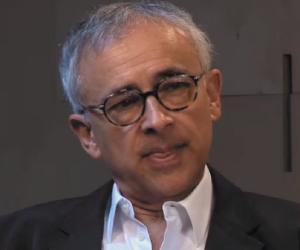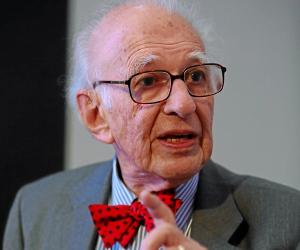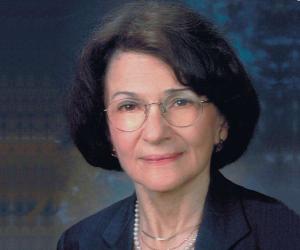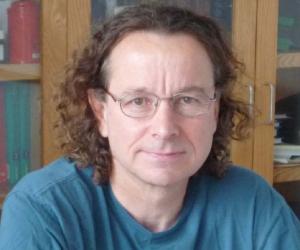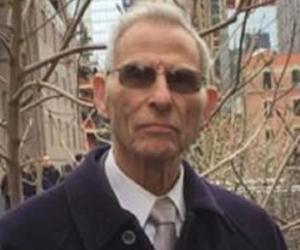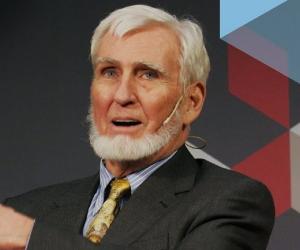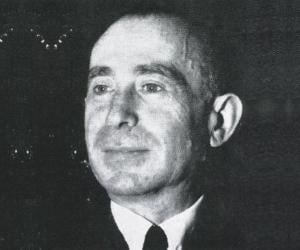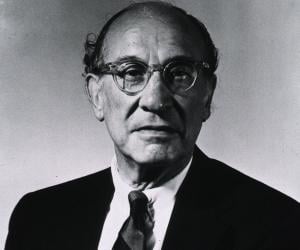1
John Lilly
(Physician, Neuroscientist, Psychoanalyst and Inventor of 'Isolation Tank')
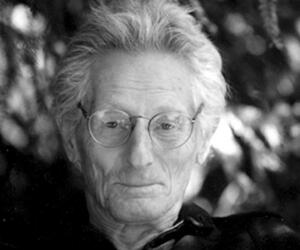
19
3
Birthdate: January 6, 1915
Sun Sign: Capricorn
Birthplace: Saint Paul, Minnesota, United States
Died: September 30, 2001
John Cunningham Lilly was a multifaceted professional, excelling in various fields such as medicine, neuroscience, philosophy, and invention. Renowned for his development of the isolation tank in the 1950s, he used this tool to delve into the mysteries of human consciousness. Lilly also ventured into communicating with dolphins, studying their vocalizations in research centers he established. His exploration extended to experimenting with psychedelics, influencing Hollywood films and a popular video game series. Overall, his work sparked controversy and inspired many throughout his career.
